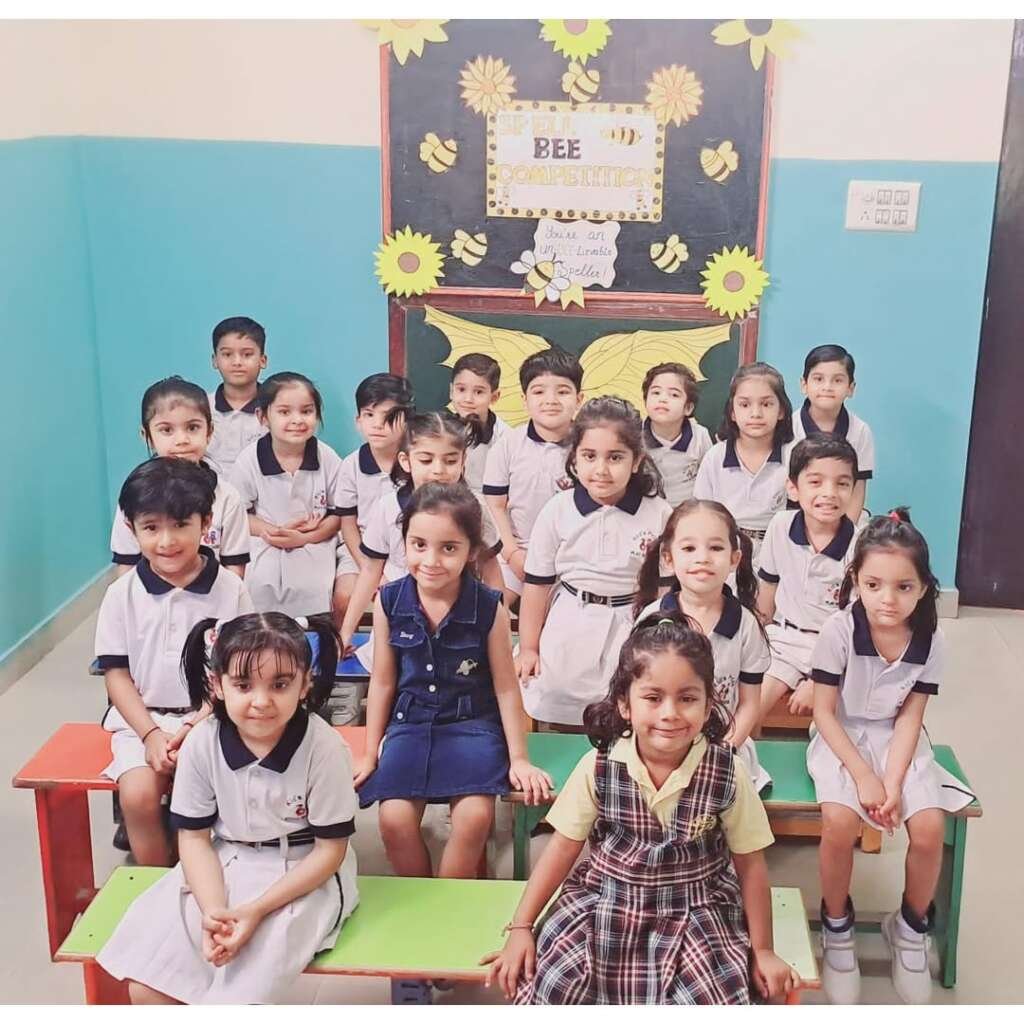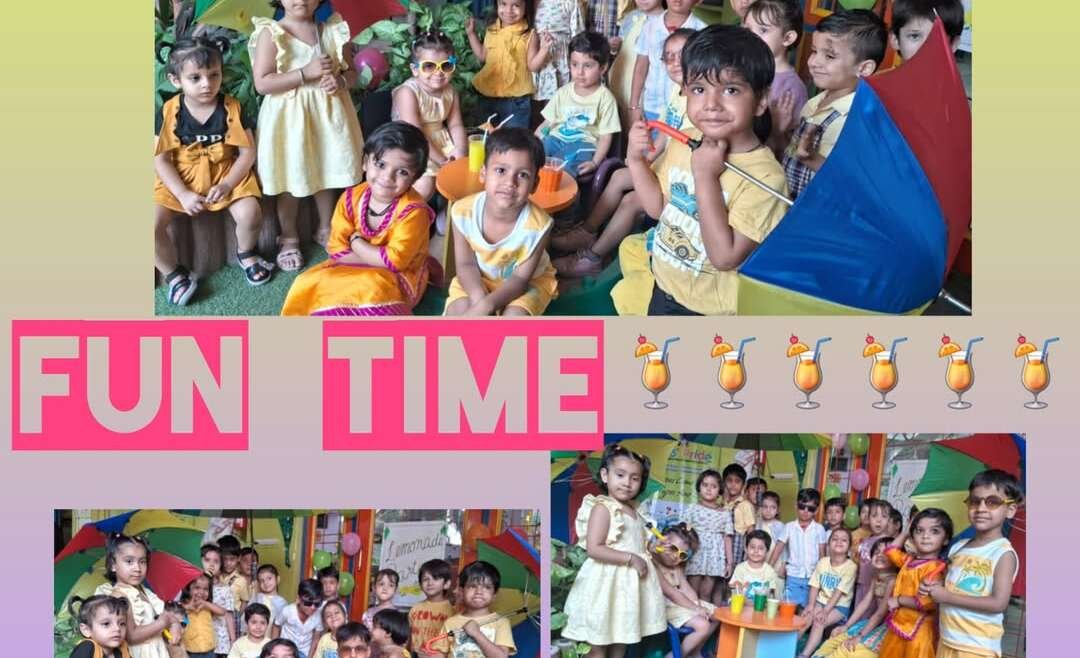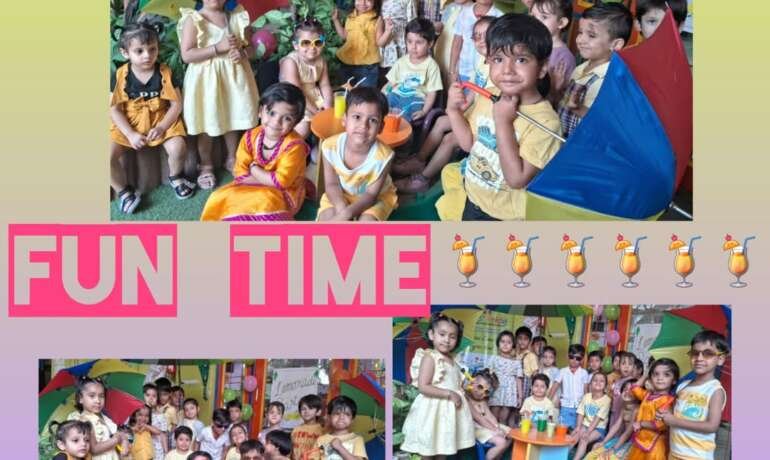By Kids Pride School
In today’s fast-paced digital world, keeping kids engaged in learning outside the classroom can be a challenge. But what if learning could feel like playtime? At Kids Pride School, we believe education should be fun, interactive, and accessible—even at home! That’s why we’ve compiled a list of five exciting educational games that blend entertainment with valuable learning experiences.
These games are designed to develop critical thinking, problem-solving, and creativity while helping children reinforce what they’ve learned in school. Best of all, they require minimal materials and can be enjoyed right from your living room!

1. Alphabet Scavenger Hunt
Age Group: 3–6 years
Skills Developed: Letter recognition, vocabulary, observation
How to Play:
Write down all the letters of the alphabet on paper or print them out. Give your child a basket and ask them to find items around the house that start with each letter (e.g., A for apple, B for book). For younger kids, start with just 5–10 letters.
Why It Works:
This game turns everyday objects into learning tools, building both vocabulary and observational skills in a fun and active way.
2. Math Bingo
Age Group: 6–10 years
Skills Developed: Number recognition, basic math operations
How to Play:
Create Bingo cards with answers to simple math problems (e.g., 5+3, 9–2). Call out the math problems, and kids mark the answer on their card. You can adapt this to different difficulty levels based on your child’s grade.
Why It Works:
Math Bingo makes number work exciting and helps children practice basic arithmetic without feeling like they’re doing “homework.”
3. Story Cubes
Age Group: 5–10 years
Skills Developed: Creativity, language development, storytelling
How to Play:
Take six dice (or make your own) and draw different objects, animals, or characters on each side. Ask your child to roll the dice and then create a story using all the elements shown.
Why It Works:
This game fuels imagination while improving language skills and narrative thinking. It’s a great way to enhance communication and public speaking in young learners.
4. Memory Tray
Age Group: 4–8 years
Skills Developed: Memory, focus, vocabulary
How to Play:
Place 10–15 small objects on a tray (spoon, pencil, eraser, toy car, etc.). Let your child look at them for 30 seconds. Cover the tray and ask them to write down or recall as many items as they can.
Why It Works:
This classic game enhances visual memory and recall ability—both essential for academic learning and daily life.
5. DIY Science Lab
Age Group: 6–12 years
Skills Developed: Scientific thinking, observation, hands-on learning
How to Play:
Set up simple science experiments using kitchen items—like mixing baking soda and vinegar for a fizzy reaction, or growing a bean in a jar. Have your child predict what will happen and note down the results.
Why It Works:
Interactive science experiments make learning concepts like cause and effect more tangible and memorable. It also inspires curiosity and the spirit of exploration.
Final Thoughts
At Kids Pride School, we know that learning goes beyond textbooks. These fun educational games not only reinforce academic skills but also create joyful bonding experiences for families. So the next time you’re looking for a productive and playful activity, try one of these games—and watch your child learn while having a blast!
🌟 Bonus Tip:
Make these games part of your child’s weekly routine. A 15–30 minute play session daily can boost learning without stress!
Let the learning continue at home—because at Kids Pride School, we believe education is everywhere!





